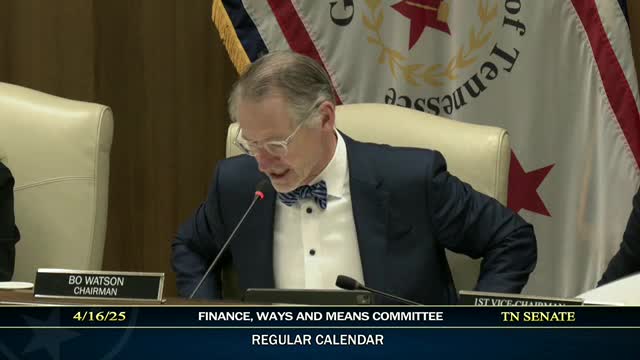Article not found
This article is no longer available. But don't worry—we've gathered other articles that discuss the same topic.
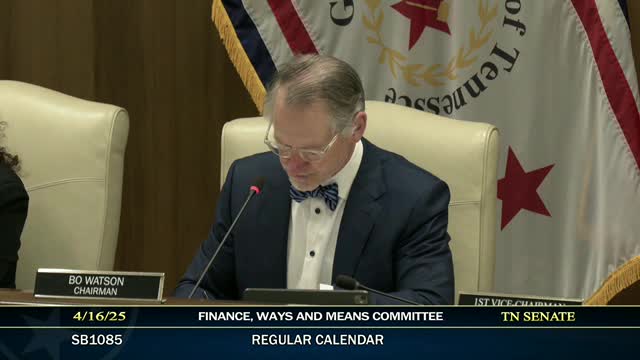
Panel advances technical bill allowing colleges with accreditation candidacy to participate in HOPE scholarship program
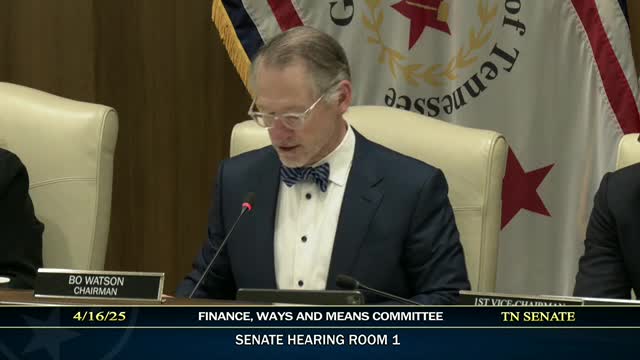
Committee recommends annual specialty license plate bill for passage
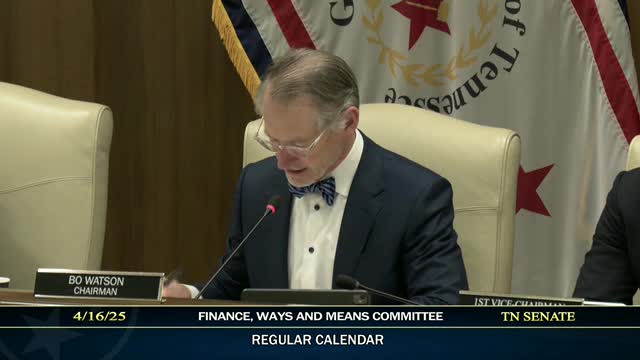
Senate committee backs resolution urging Congress to expand TBI and PTSD treatments for veterans
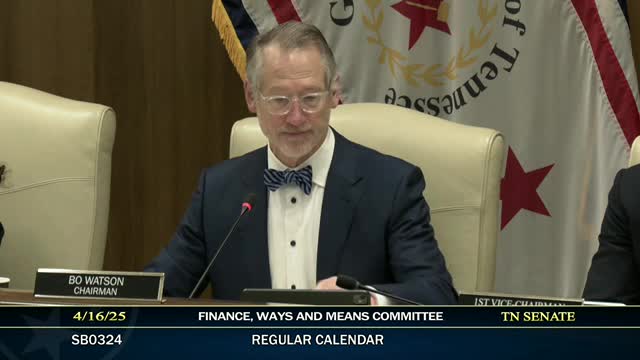
Committee advances "Savannah's Law" creating public registry for repeat domestic violence offenders
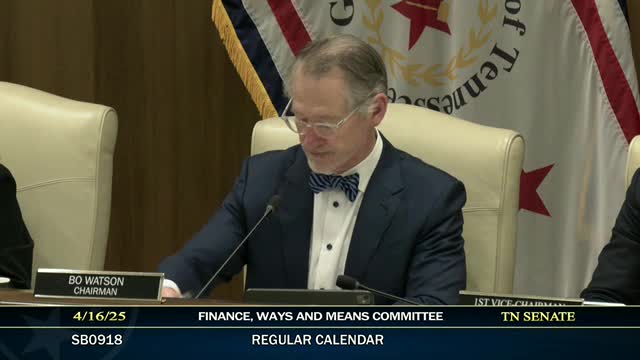
Committee delays vote on bill requiring personal watercraft owners to carry liability insurance after debate
